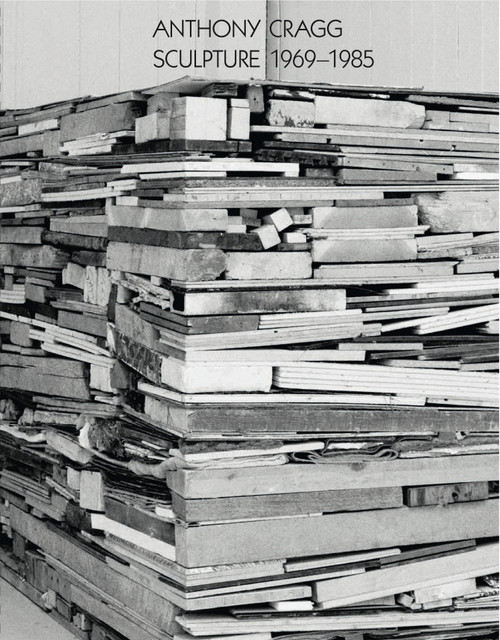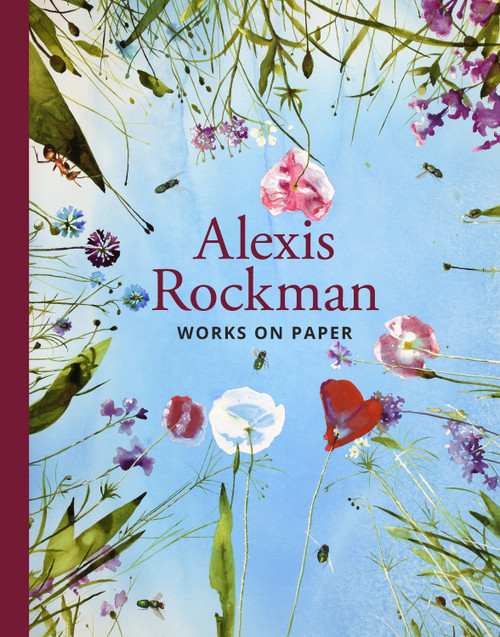This first in a series of five volumes to offer a comprehensive exploration of the drawings of Tony Cragg.
Over the past thirty years, Tony Cragg has created an impressive oeuvre of drawings and prints alongside his major sculptural works. Collected together here for the first time, the extensive and representative selection of images displays the diversity of styles and content in Craggª¡s drawings, watercolours, gouaches and prints. With just a few dynamic lines, Craggª¡s drawings and prints open our eyes to the contained forms in our surroundings and reveal unfamiliar spaces. He connects visual reality, which we usually perceive as mere surface, with the underlying levels of energy, emotion and atmosphere. Drawing allows him to visualise our complex, unseen world of sound waves, radio frequencies, wind currents and magnetic fields. Cragg often says that for him, drawing is a way of inventing descriptions of imperceptible processes. In his work, he expresses the emotion within and between things. The book concludes with an index which documents over 1,800 works, including the corresponding archive numbers, thus providing an almost exhaustive record of his works.
Over the past thirty years, Tony Cragg has created an impressive oeuvre of drawings and prints alongside his major sculptural works. Collected together here for the first time, the extensive and representative selection of images displays the diversity of styles and content in Craggª¡s drawings, watercolours, gouaches and prints. With just a few dynamic lines, Craggª¡s drawings and prints open our eyes to the contained forms in our surroundings and reveal unfamiliar spaces. He connects visual reality, which we usually perceive as mere surface, with the underlying levels of energy, emotion and atmosphere. Drawing allows him to visualise our complex, unseen world of sound waves, radio frequencies, wind currents and magnetic fields. Cragg often says that for him, drawing is a way of inventing descriptions of imperceptible processes. In his work, he expresses the emotion within and between things. The book concludes with an index which documents over 1,800 works, including the corresponding archive numbers, thus providing an almost exhaustive record of his works.







